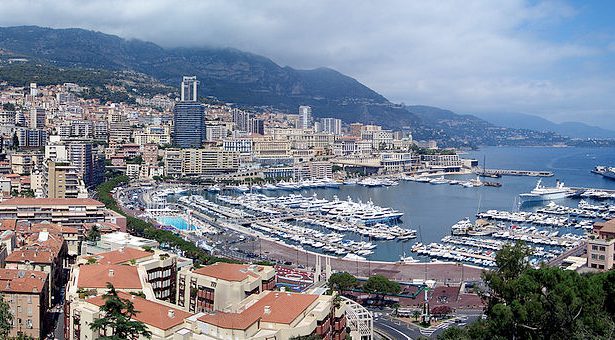In its first report on Monaco published on Thursday, February 13, the Council of Europe’s Group of Experts on Action against Trafficking in Human Beings (GRETA) welcomes the initiatives taken by Monaco, but asks the authorities to adopt legislative measures, public policies and practical provisions in line with a human rights-based and victim-centred approach.
Although no victims of trafficking have been identified to date in Monaco, GRETA emphasises the need to adopt a policy document covering the prevention of trafficking, training for relevant professionals, the identification and protection of victims and the prosecution of trafficking offences. It also calls for a structure to be developed for co-ordinating the actions of relevant actors in the event of a case of human trafficking, with the involvement of civil society, and urges the authorities to ensure that all professionals likely to come into contact with potential victims have access to the appropriate tools.
In terms of preventing trafficking for the purpose of labour exploitation, labour inspectors should be provided with training on this type of trafficking and on victims’ rights, and measures taken to raise awareness among the general public and, more specifically, migrant workers.
The report also reiterates the importance of identifying all victims and ensuring that they benefit from the appropriate assistance and protection measures to help them with their physical, psychological and social recovery. A clear procedure for the identification of child victims of trafficking, based on multi-agency action and integrated in the child protection system, should be devised.
In addition, domestic legislation should guarantee the right of presumed trafficking victims to a recovery and reflection period of at least 30 days, and provision for granting a residence permit to victims of trafficking in human beings if the competent authority considers that their stay is necessary because of their personal situation and/or if it is necessary for the purpose of their co-operation with the competent authorities in connection with an investigation or criminal proceedings.
Lastly, all relevant professionals, including members of the law enforcement authorities, prosecutors, judges, labour inspectors, lawyers, officers of the asylum authorities, social workers, child protection professionals and medical and educational staff, should be kept regularly informed and undergo training, especially as regards the requirement to apply a human rights-based approach to action against trafficking.
SOURCE: Council of Europe


